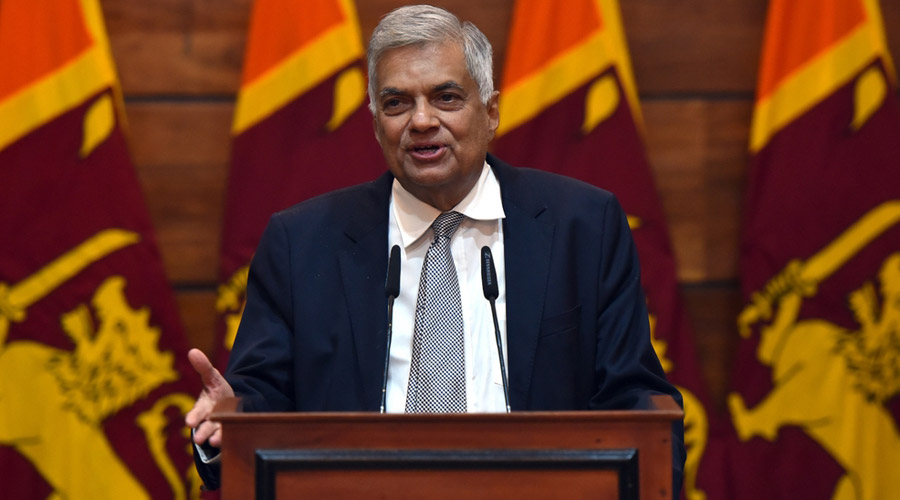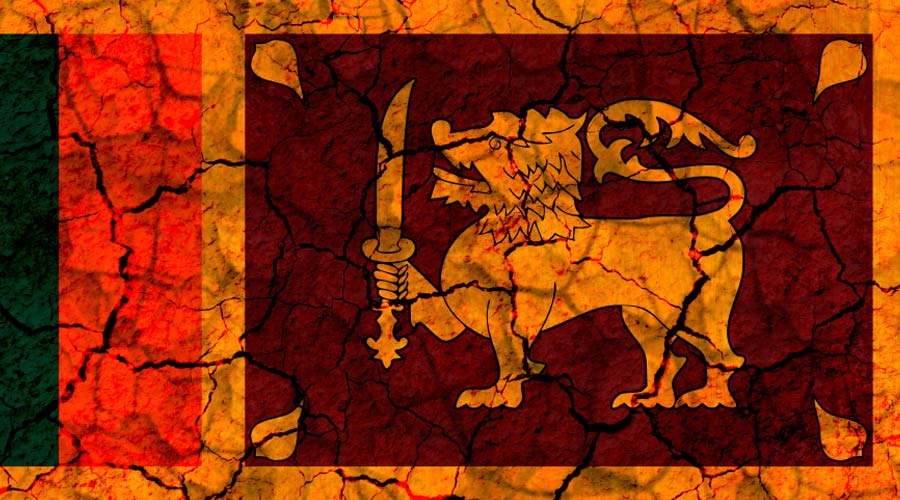President Ranil Wickremesinghe and a visiting IMF team on Friday held the second round of crucial talks to finalise a bailout package for the cash-strapped country.
Wickremesinghe joined an online meeting and both parties exchanged ideas in a positive manner, the President's Office said in a statement.
The International Monetary Fund (IMF) had made a request for additional information pertaining to electricity tariff revisions and Excise Act and it was decided at Friday's meeting to provide the requested information by next Monday, it said.
Financial and legal advisors of the IMF participated in the meeting and the next round of discussion is scheduled for August 31, news portal dailymirror.lk reported.
"IMF negotiation panel's head Peter Breuer, deputy head Masahiro Nozaki, Permanent Representative of the IMF in Sri Lanka Tubagus Feridhanusetyawan, Chief of Staff to the President and Senior Advisor to the President on National Security Sagala Ratnayake, President's Secretary Saman Ekanayake, Central Bank Governor Dr Nandalal Weerasinghe and other senior officers of the Central Bank were present during the discussion, on this occasion," it said.
The first round of talks were held on Wednesday.
It is the second such visit from the IMF in three months. The visit comes at a time when Sri Lanka is scrambling to chalk out a staff-level agreement with the Washington-based global lender for a USD 5 billion programme, which could be the antidote for the country's current economic travails.
The IMF has said the objective of the visit is to make progress towards reaching a staff-level agreement on a prospective IMF Extended Fund Facility (EFF) arrangement in the near term.
"Because Sri Lanka's public debt is assessed as unsustainable, approval by the IMF Executive Board of the EFF program would require adequate assurances by Sri Lanka's creditors that debt sustainability will be restored. IMF staff would also continue the engagement with other stakeholders during the visit," the IMF had said in a press release on August 19.
Sri Lankan government on Wednesday slapped a ban on the import of 300 consumer items like chocolates, perfumes and shampoos as part of the cash-strapped island nation's bid to tackle its foreign exchange woes.
In mid-April, Sri Lanka declared its international debt default due to the forex crisis.
The country owes USD 51 billion in foreign debt, of which USD 28 billion must be paid by 2027.
The government's statistics office said on Monday that the overall rate of inflation as measured by the National Consumer Price Index on a year-on- year basis had gone up to 66.7 per cent in July over the 58.9 recorded in June.
This was mainly due to the higher price levels prevailing in both food and non-food groups. The food group increased to 82.5 in July 2022 from 75.8 in June 2022, the release said.
In its latest assessment, the World Bank has said that Sri Lanka has been ranked 5th with the highest food price inflation in the world.
Sri Lanka is ranked behind Zimbabwe, Venezuela, and Turkey, while Lebanon leads the list.
The worsening forex crisis caused essential items shortages triggering massive public protests in the street since early this year that led to the ouster of the Gotabaya Rajapaksa government last month.












